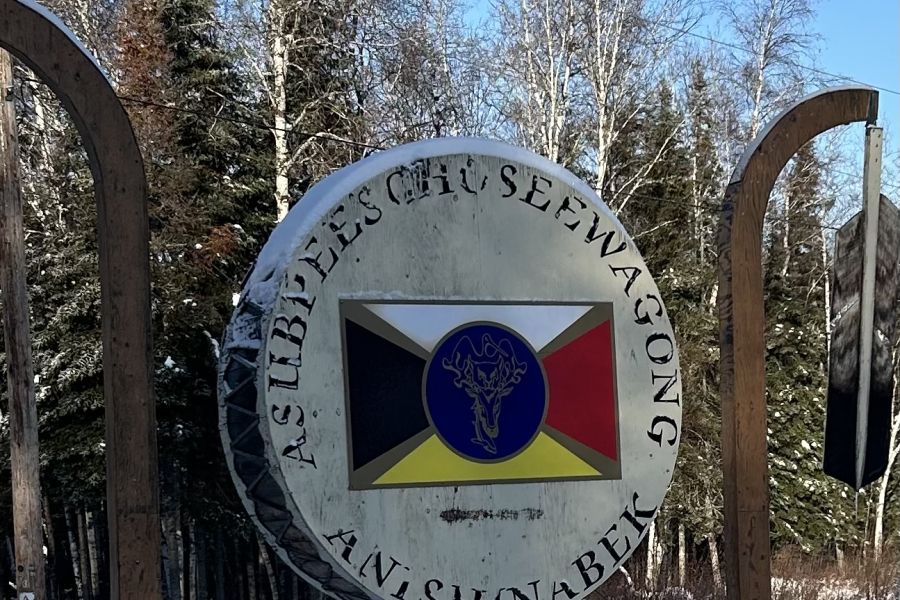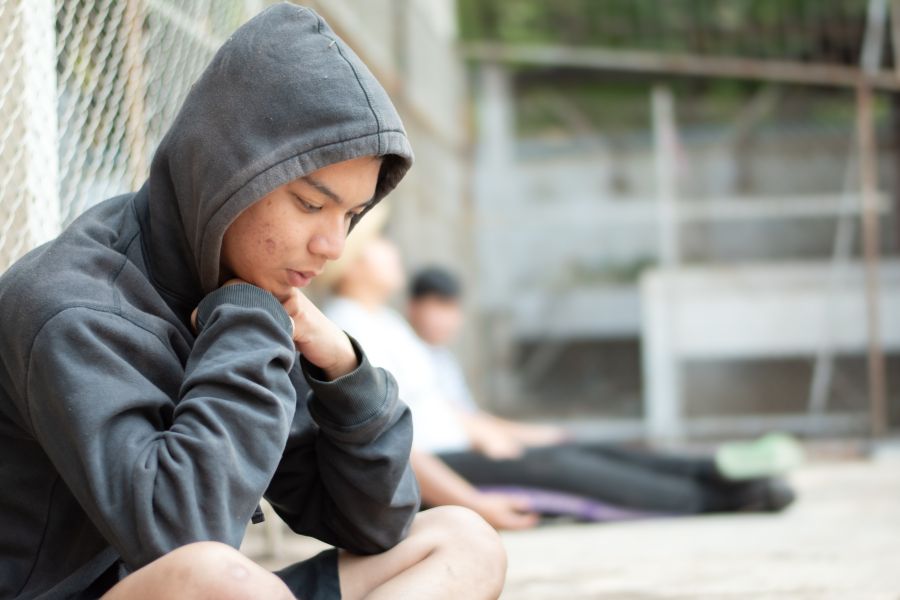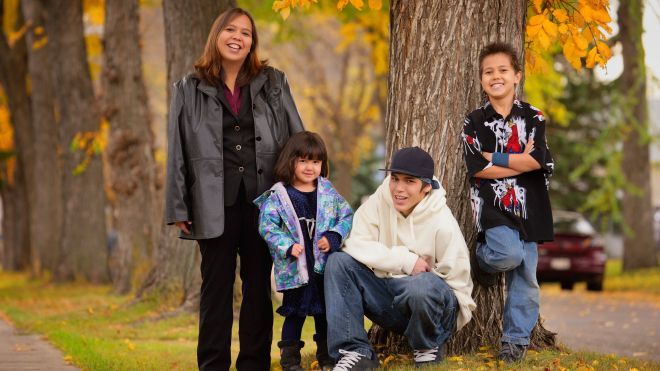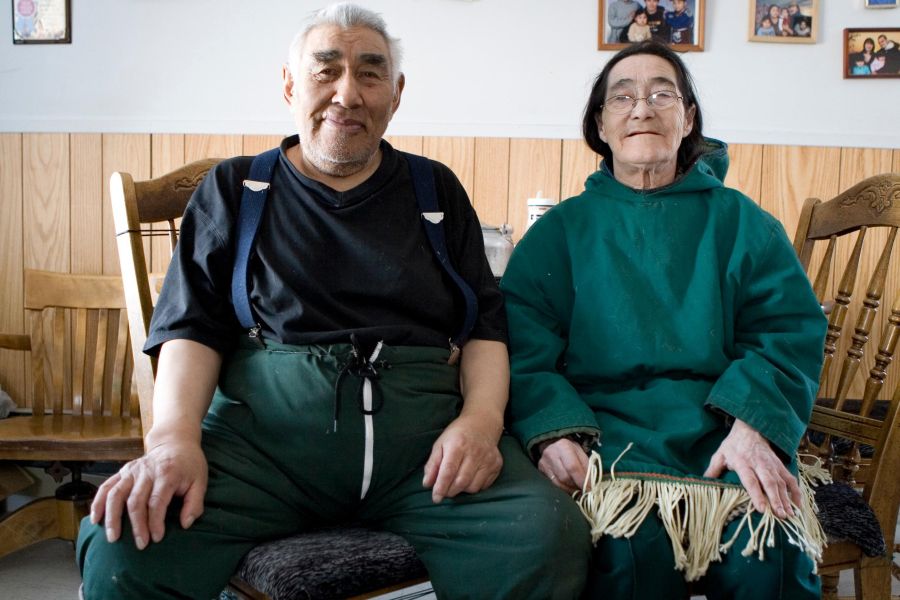Help for Indigenous people
At Ombudsman Ontario, we help everyone with concerns about Ontario public services.
If you are Indigenous, we will make sure your rights and cultural safety are respected.
What you should know
We are:
- Independent – not part of the government
- Confidential – we will protect your privacy
- Free – there is no fee for our services
- Impartial – we don’t take sides, we promote fairness
We can help you if:
- You feel you were treated unfairly
- You have questions or concerns about public services in Ontario
You can expect us to:
- Listen respectfully to your story and ask some questions
- Accommodate an Elder or support person if you want to have them with you
- Protect your privacy
- Make inquiries with the government service to determine if they were fair to you
- Deal with your issue as quickly as possible
- Connect you with someone who can help, if we can’t
Learn about our services for Indigenous people
Find out about:
- How we can help you
- Results and positive change
- Commitment to reconciliation
- Indigenous Services Plan
- Connecting with you
- Acknowledgement of territory
How we can help you
Do you have a problem with a government or public service in Ontario? We’re here to help. Use the “Make a complaint” button to tell us what you need.
For example, you can complain to us about things like:
- Birth certificates, health cards, driver’s licences (ServiceOntario)
- Family well-being agencies or children’s aid societies
- Fishing and hunting permit issues
- Jails, detention centres or youth justice centres
- Landlord and Tenant Board
- School boards, colleges and universities
- Social benefits (Ontario Works, Ontario Disability Support Program)
Need to know more?
- See the full list of organizations you can complain about
- Read our Frequently Asked Questions
- Contact us with your questions
Read our brochures in:
Results and positive change
Here are some examples of ways we have helped improve public services for Indigenous people and communities:

Asubpeeschoseewagong Netum Anishinabek (Grassy Narrows First Nation)
The Ombudsman and staff met with community members and leaders. During this visit, the Ombudsman was told there had been a delay in Hydro One installing the poles to bring electricity to these homes, and there appeared to be a communication breakdown between the community and Hydro One.

First Nations birth certificates
We helped a First Nations community experiencing administrative barriers to obtaining birth certificates, which are generally required for people to access government services and programs. We were told that these barriers included an online registration process that was sometimes difficult to access for those without reliable Internet service, and the wording of instructions on forms.
Commitment to reconciliation
We acknowledge that we have much work to do to progress our commitment to reconciliation. We are committed to building respectful relationships with First Nation, Inuit and Métis people in Ontario, through trust and transparency, in order to provide services for a better shared future.
The Ombudsman seeks to engage with the Indigenous peoples recognized under section 35 of the Constitution Act, 1982 and raise awareness of all aspects of Ombudsman Ontario’s work.
From the complaints and concerns we handle, the Ombudsman can identify emerging issues and propose changes to improve the relationship between Indigenous people and Ontario public sector agencies, and ensure Indigenous peoples’ equal access to opportunities within those agencies.
In addition to helping Indigenous individuals, the Ombudsman aspires to assist in informing nation-to-nation and government-to-government discussions.
As part of this commitment, we will:
- Respect and affirm the rich culture and history of Indigenous peoples in all that we do
- Seek to be an effective agent of change in addressing the systemic issues we uncover
- Provide educational opportunities for our staff to help them learn more about Canada's history and the harms that have been inflicted on Indigenous peoples
- Continue to integrate The Calls to Action from the Truth and Reconciliation Commission and the Calls to Justice from National Inquiry into Missing and Murdered Indigenous Women and Girls into our work.
Indigenous Services Plan
We are creating an Indigenous Services Plan, aimed at advancing our commitments to reconciliation, including integrating Indigenous practices and perspectives into daily operations and policy development. The plan will support our awareness in the delivery of culturally responsive and safe services which better serve and are more accessible to Indigenous people living in Ontario.
As part of this plan, we are:
- Working with an Indigenous Liaison Advisory Consultant
- Preparing to hire an internal Indigenous Services Coordinator
- Working with our internal Indigenous Circle, a team of Ombudsman Ontario staff who incorporate some cultural practices into their work, such as smudging and the guidance of Elders and Knowledge Keepers
- Conducting outreach, with the Indigenous Circle, to Indigenous child and family well-being agencies, Aboriginal Health Access Centres and Indigenous Friendship Centres
- Meeting with Indigenous leaders, communities and organizations to hear their concerns
- Continually assessing our practices to better meet the needs of Indigenous communities
- Ensuring our staff learn history, including through the National Centre for Truth and Reconciliation and from the Special Interlocutor for Missing Children and Unmarked Graves
- Training our staff in culturally safe interview practices
- Supporting our staff in culturally safe interview processes
- Participating in events across Ontario to listen and speak with Indigenous people, including attending pow wows, Elder gatherings, and the annual Chiefs of Ontario conference
Our next steps will include:
- Creating an internal Indigenous Services Tool Kit to ensure Ombudsman Ontario adheres to culturally safe and effective procedures in its services to Indigenous people
- Increasing visits to Indigenous communities to listen and identify shared priorities
- Reviewing what systemic internal changes we can make to further our commitment to reconciliation
- Exploring how we can incorporate the United Nations Declaration on the Rights of Indigenous People into our work
Join us to help shape the Ombudsman’s Indigenous Services Plan
We have engaged Tawi:ne Consulting Inc. to partner with us as Indigenous Liaison Advisor, with the key objective of co-developing an Indigenous Services Plan.
This project includes a series of virtual sessions, which Tawi:ne is convening to consult with and gain input from Indigenous groups, communities and individuals. We have so far conducted sessions on the following topics: Law/justice; children, youth and family; housing, health and social services; environment and natural resources; education, and more.
Connecting with you
- Contact us to meet with our team, or request a presentation or other materials.
- See the list of our upcoming and recent outreach events.
Acknowledgement of territory
Ombudsman Ontario acknowledges that the lands we work on are the traditional territories of more than 130 First Nations, each with distinct cultures, languages, and histories that long predate the establishment of the province of Ontario. These lands are also home to longstanding political confederacies, such as the Three Fires Confederacy and the Haudenosaunee Confederacy, whose treaties and relationships shape the dynamic history of this province.
We recognize the more than 40 treaties in Ontario, including but not limited to Treaty 3, Treaty 9, the Robinson Superior and Huron Treaties, and the Williams Treaties. These agreements – sacred commitments between Indigenous Nations and the Crown – continue to carry legal and moral responsibilities. We acknowledge that Indigenous peoples who have stewarded these lands for millennia have been subjected to dispossession and colonial injustices, and we remain committed to supporting efforts to address both historic and ongoing harms.
Since the inception of the Office of the Ombudsman, we have had the privilege of engaging with First Nations, Inuit, and Métis communities across Ontario. We are grateful for these relationships and recognize that trust must be continuously earned through meaningful action.
Ombudsman Ontario is committed to fostering respectful and transparent relationships with Indigenous communities. Through ongoing dialogue, accountability, and service, we strive to contribute to reconciliation and a more just and equitable future for all.

